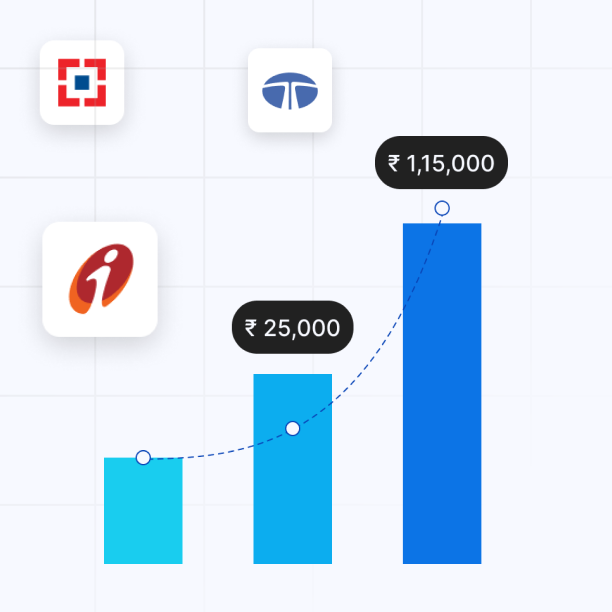Agile software development is a project management approach that has taken the world of software development by storm. Its focus on flexibility, collaboration, and rapid delivery has proven to be a successful method for delivering high-quality software to end customers for upscaling your business.
Let us delve into the basics of agile software development, including what it is, its principles, and its benefits. We will also explore the types of agile methodologies, such as Scrum, Kanban, XP, Lean, and Crystal. So if you're looking to upscale your business by improving your software development game, keep reading!
The Agile software development method aims to adapt to shifting customer demands and increase your business value. It prioritizes technical excellence and business value, delivering the most crucial features. Agility contrasts with more conventional approaches to software development, such as plan-driven techniques, where requirements are predetermined all at once before any code is written, resulting in an excessive number of bugs being found after a significant amount of development time has passed.
The agile approach is based on agile principles, including working software, customer collaboration, adaptiveness to recurrent changes, and interaction. The core purpose of agile is to deliver small, recurrent requirements of software rather than delivering the complete solution all at once. It increases a team’s agility in the software development process by delivering early and recurrent value to customers.
Agile teams work in short sprints to deliver working software by giving importance to customer feedback and collaborating on it in the development process. It allows for a more flexible, adaptive approach to software development and helps to ensure that the end product meets customers' changing needs. It includes short development cycles called sprints, test-driven development, iterative development, and more.
These are some methodologies used by companies while developing a product or service. Some companies may also use a hybrid approach, combining elements from different methodologies to fit their specific needs.
Whether you are a software developer, project manager, or business owner, understanding the basics of agile and its principles can help you make informed decisions about how to approach software development. Whether you implement a specific agile methodology, such as Scrum or Kanban, or adopt a hybrid approach that combines elements from different methodologies, it can help you deliver better software faster while still being responsive to the changing needs of your customers. So if you're looking to improve your software development process or want to learn more about Agile, consider giving this approach a try!

 6 min read
6 min read

Get weekly update about our product on your email, no spam guaranteed we promise ✌️